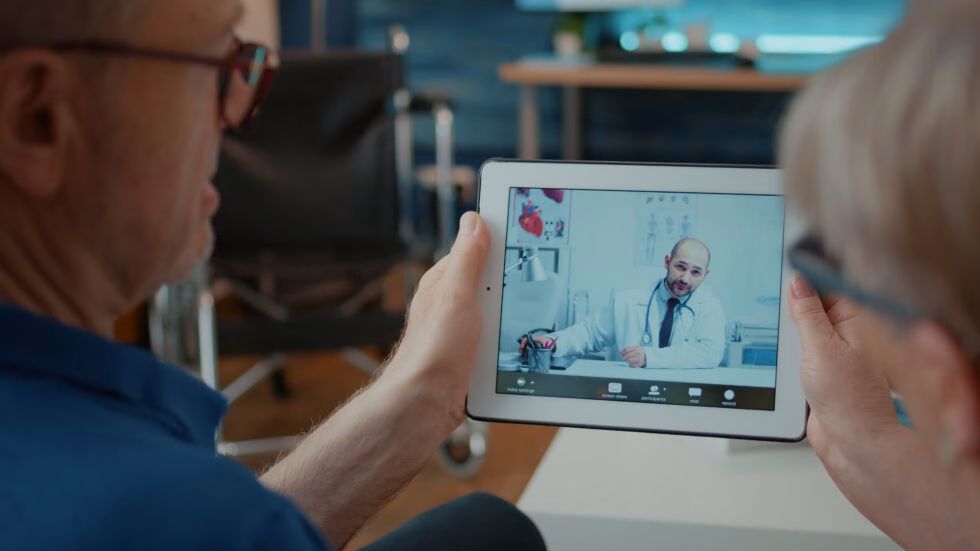Holiday Kitchen Safety: How to Treat Your Cooking Burns this Christmas
With the holiday season quickly approaching in Fountain City, families are preparing the most important meals of the year to share with their loved ones. While our historic Knoxville neighborhood takes pride in plenty of local restaurants such as Louis’ Drive-in Restaurant or Litton’s Market, families tend to gather in their homes at Christmas time to prepare home-cooked meals. If you cook a holiday meal this season in your home, practicing kitchen safety is essential as you prepare for guests.
Amidst the bustle of meal preparations, you might accidentally get a kitchen burn. Cooking-related burns always increase around the holidays, so don’t let time with your loved ones be interrupted if an accident does happen. Here is a quick guide to managing kitchen burns and ensuring a safe and enjoyable holiday season.
How to Mitigate Kitchen Burns
If you burn your skin in the kitchen from touching a hot stove top or forgetting to wear oven mitts, there are immediate ways to mitigate damage. Prompt action is essential in the case of an accident like this. Immediately remove the affected area from the heat source and immerse it under cool running water for at least 10 minutes. This will cool the burn and alleviate pain. A common mistake is using ice or excessively cold water to relieve pain. Be sure to avoid this action as it can further damage the skin.
Assess the Burn Severity
If you touch a hot surface without protection and quickly remove the affected area, your burn can likely be cared for at home. However, length of exposure, heat levels, and the size of the affected area can impact how serious the burn is. After cooling the burn with water, evaluate its severity. Burns are classified into three degrees: first, second, and third. First-degree burns are superficial, causing redness and mild pain. Most first-degree burns can be treated at home, but proper care is essential. While they are not an emergency, first-degree burns can still be quite painful and can leave scars if not treated appropriately. Second-degree burns are more severe and are accompanied by blisters and intense pain. Third-degree burns are the most severe and require immediate medical attention. Any of these levels are possible from a cooking accident, so if the burn’s severity is uncertain, it is best to seek medical advice.
Clean the Burn and Prevent Infection
After the burn cools, carefully clean the area with soap and water. Avoid using harsh chemicals or scrubbing the burn, as this can worsen the injury. Once cleaned, apply a sterile, non-stick dressing to protect the burn and decrease the risk of infection. If blisters appear on the affected area, refrain from popping them, as they serve as a natural barrier against infection.
Follow-up Care and Pain Relief
Over-the-counter pain relievers, such as products containing acetaminophen, can alleviate pain and reduce inflammation associated with the burn. If you choose to treat your burn with a pain reliever, be sure to follow the instructions and labels on your medication of choice. Always consult a healthcare professional if you have a pre-existing medical condition or concerns that might prevent you from taking over-the-counter pain relievers. Be sure to regularly clean the affected area and change your bandages until the burn has completely healed. If the wound does not heal after two weeks or if it develops a foul odor, it is time to seek further medical advice.
When to Seek Medical Attention
If the burn is severe, covers a large area of the body, or exhibits signs of infection (e.g., increased pain, redness, or pus), seeking immediate medical attention is crucial. For expert medical care when you need it most, residents of Fountain City can visit AFC Urgent Care.
Preventing Burns in the Future
Prevention is always preferable to treatment. To avoid kitchen burns, follow these safety guidelines:
- Always use oven mitts or heat-resistant gloves when handling hot pots, pans, or baking trays.
- Maintain a safe distance between flammable objects like kitchen towels or curtains and open flames or hot surfaces.
- Exercise caution when working with hot oil or boiling liquids to minimize splatters and burns.
- Restrict children and pets from the cooking area to reduce the risk of accidents.
Ensuring a Safe Holiday Season
By following these key tips on managing burns and practicing kitchen safety during the holidays, you will be one step closer to a safe and enjoyable Christmas dinner with your loved ones. Treat minor burns in the comfort of your own home this holiday season but seek immediate medical attention if your burn is severe. For further information on holiday safety and urgent care services, visit AFC Urgent Care Fountain City today. We are here to provide you with expert medical care when you need it most.



